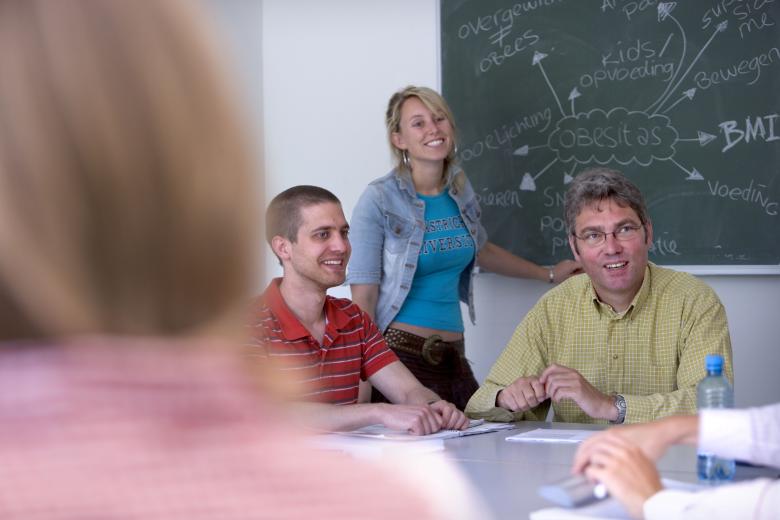International consortium led by UM receives EU-funding of 865.000 Euro
A consortium of universities from Bulgaria, Poland, Russia and Ukraine, led by Maastricht University, received a funding of 865.000 Euro for an ERASMUS+ project entitled Bridging Innovations, Health and Societies: Educational capacity building in the Eastern European Neighbouring Areas (BIHSENA). The project is designed to respond to a profound lack of education opportunities in the interdisciplinary area of health, innovations and society in Russia and Ukraine. Its aim is also to bridge a gap between (bio)medical and social scientists, academics and practitioners in these two countries, as well as between local and international communities. The project is one of 140 that were selected for funding from ERASMUS+, out of a total number of 515 submitted proposals.
According to the project members, the need for such education and interdisciplinary/cross-sectorial engagements is urgent against the background of healthcare systems transformation and attempts to find innovative solutions for persisting health problems in the Eastern European neighbouring areas this project focuses on.
The consortium is led and coordinated by UM (project leader is Professor of the Philosophy of Public Health Klasien Horstman) and includes Plovdiv University (Bulgaria), Andrzej Frycz Modrzewski Krakow University (Poland), Tomsk State University (Russia), Siberian State Medical University (Russia), National University of Kyiv-Mohyla Academy (Ukraine), Vinnitsa Nationa Pyrogov Memorial University (Ukraine).
The project team will develop relevant curricula: a master specialization in ‘Innovations for Health’ and a preparatory course ‘Social studies of innovation’ in Russia; a post-graduate programme for medical professionals ‘Healthcare governance’, courses ‘Introduction to health systems’ and ‘Interdisciplinary epidemiology’ in Ukraine and open online courses jointly developed and run by consortium members ‘Bridging medical and societal perspectives’ and ‘Health governance: cases from post-communist countries'. The team expects the new programmes to start within two years after the beginning of the project.
UM is responsible for organising and providing training to staff from partner institutions on interdisciplinary curriculum development in the field of health and health care, active approaches to learning and recent insights into complexities of bridging health, innovations and societies. In the course of curriculum development UM will ensure quality of new courses and contribute expertise of its staff members from the department of Health, Ethics and Society and the department of Health Services Research.
ERASMUS+
Erasmus+ is the new European Union programme for Education, Training, Youth, and Sport, with a total budget of 14.7 billion Euro. Set to last until 2020, the programme will provide opportunities for over 4 million Europeans to study, train, gain work experience, and volunteer abroad.
Erasmus+ supports transnational partnerships among Education, Training, and Youth institutions and organisations to foster cooperation and bridge the worlds of Education and work in order to tackle the skills gaps Europe is facing. Click here for more information.
Also read
-
A strong education network for Brabant and Limburg: better alignment, less dropout
On November 24, 2025, secondary schools (VO) and higher education institutions (HO) in Brabant and Limburg will sign up for the Education Network South Netherlands: one VO-HO network that will improve the flow of students to further education and reduce dropout rates.

-
Andrés Caceres Solari on No room for Human Rights in Gaza and Ukraine: How the Law Legitimizes Urban Devastation
Pick Our Brains Session with Andres Caceres Solari

-
AMIBM hosts the final Realise-Bio conference
The Aachen Maastricht Institute of Biobased Materials (AMIBM) hosted last week the third and final Realise-Bio annual conference, bringing together the Dutch and German bioeconomy ecosystems at the Brightlands Chemelot Campus.
